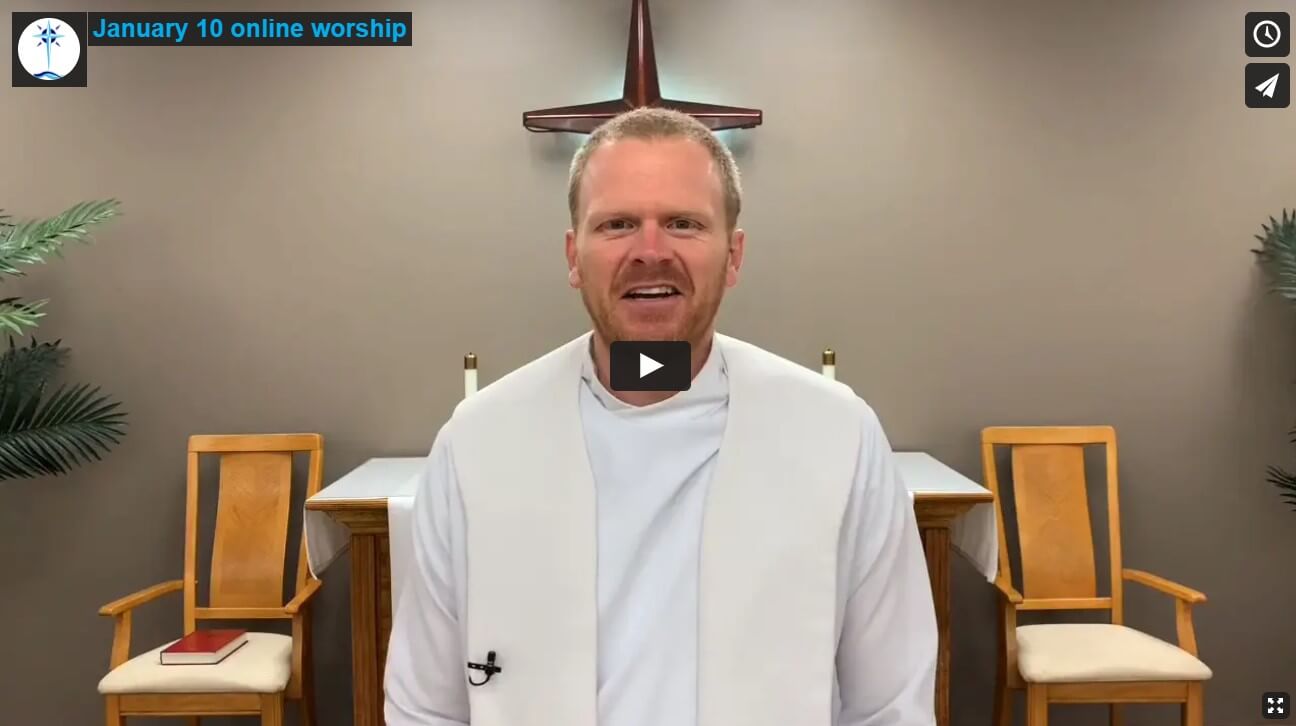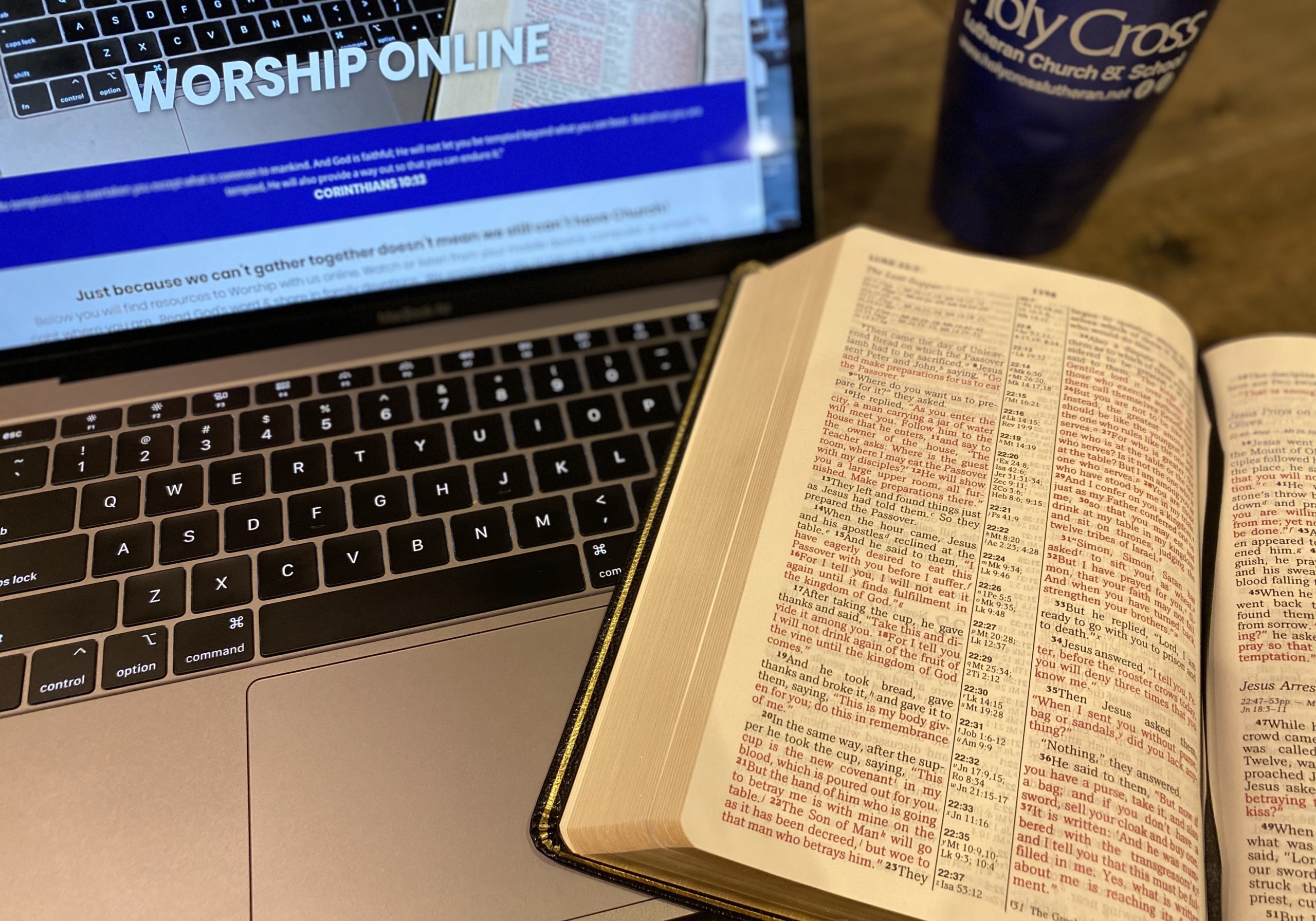Reformation-themed Bible Studies. The LCMS Commission on Theology and Church Relations presents a monthly series of Reformation-themed Bible studies to encourage “in-depth examination and study of the ecumenical creeds and Lutheran Confessions.”.
Lutheran Study Bible (Paperback) An ELECTRONIC VERSION of Lutheran Study Bible is now available. Lutheran Study Bible features the NRSV translation as well as introductions, notes, and articles written by more than sixty Lutheran pastors and teaching theologians. The Lutheran Liturgy - Its Biblical Roots. An Outline of the Order of Holy Communion. the following presentation corresponds to the order of Divine Service II from the hymnals Lutheran Worship, pp. 158ff and Divine Service, Setting I from Lutheran Service Book, pp. The service of preparation.
Lutheran Study Bible (Paperback)
The Lutheran Study Bible Pdf
An ELECTRONIC VERSION of Lutheran Study Bible is now available.
 Lutheran Study Bible features the NRSV translation as well as introductions, notes, and articles written by more than sixty Lutheran pastors and teaching theologians. This resource is designed to invite readers to experience the Bible and its message through solid background material, unique Lutheran insights, and opportunities for faith reflection. Reader-friendly, inviting, and engaging, this is the perfect study Bible for those who want to encounter Scripture in a fresh and new way!
Lutheran Study Bible features the NRSV translation as well as introductions, notes, and articles written by more than sixty Lutheran pastors and teaching theologians. This resource is designed to invite readers to experience the Bible and its message through solid background material, unique Lutheran insights, and opportunities for faith reflection. Reader-friendly, inviting, and engaging, this is the perfect study Bible for those who want to encounter Scripture in a fresh and new way!Lutheran Study Bible includes four types of study notes:
- The World of the Bible notes explore the historical, cultural, and geographic background of a particular passage.
- Biblical Concepts explain key words or themes in the context of other parts of Scripture.
- Lutheran Perspectives highlight Lutheran theological insights and catechetical connections drawn from particular passages.
- Faith Reflections provide commentary and questions that encourage life application.
 Lutheran Study Bible contains 10-point biblical text and 7-point study notes. See the chart of Bible Type Sizes below for comparison of type point size.
Lutheran Study Bible contains 10-point biblical text and 7-point study notes. See the chart of Bible Type Sizes below for comparison of type point size.- In stock
- This item is imprintable
- Quantity discount
- # of ItemsPrice
- 1 to 9$24.99
- 10 or more$18.75
- Details
- Written by Pastor Rick Miller, 2017 District Outreach CoordinatorPastor Rick Miller, 2017 District Outreach Coordinator
- Created: February 03 2017February 03 2017
1503 … Luther, age twenty, had not seen a Bible before. His religious education was based on written Biblical commentaries. It was only at Erfurt University that he discovered a Bible, chained to a table. Luther found the Bible very intriguing and spent a great deal of time reading it.
In 1521, in the Wartburg Castle, Luther began the translation of the New Testament into German. He finished it in 1522, with the help of Philip Melanchthon. In 1534, he, along with several friends, completed the translation of the Septuagint, the primary Greek translation of the Old Testament, to German, enabling the entire Bible to be published in German.
Luther had complete faith in the inspired nature of scripture and in its complete and absolute inerrancy. He ascribed the entire Holy Scripture to the Holy Spirit. Luther often agonized over the disrespect that humans had for the Bible and, even more importantly, the misinterpretation of the Scriptures by the Roman Catholic Church.

In the introduction to his Old Testament translation, Luther wrote, “These are the Scriptures which make fools of all the wise and understanding, and are open only to the small and simple, as Christ says in Matthew 11:25. Therefore dismiss your own opinions and feelings, and think of the scriptures as the loftiest and noblest of holy things, as the richest of mines which can never be sufficiently explored, in order that you may find divine wisdom which God here lays before you in such simple guise as to quench all pride. The Bible is the cradle wherein Christ is laid.”
Scriptures are God’s testimonies about Himself. The Holy Spirit is the creative author of the Bible and the writers secretaries in service to the Lord. The Holy Spirit speaks with purpose and authority. The inspired Word, in the Bible, gives us the assurance of salvation.
Free Online Lutheran Bible Study
The Lutheran Church—Missouri Synod professes that the Bible is the word of God, not the words of mortal humans, and that the Holy Spirit uses the Bible to communicate God’s word. “What Lutherans Teach” says this: “Lutherans teach (and believe) that the Bible is the inspired, true and reliable revelations of the triune God … and that this revelation clearly shows how God rescues human beings from the curse of sin and death.”
The Bible reveals God’s Law—the Ten Commandments—and the Gospel, the Good News of forgiveness and salvation. The Bible is the foundation for everything that we in the LCMS believe, teach, confess and practice because the Bible is the inspired, Christ-centered word of the Lord.
Historic Liturgy Online Lutheran Bible Study Lessons
This year, 2017, is a year precious to all Lutherans: the 500th anniversary of Luther’s blessed discovery of the Gospel and his rebellion related to the beliefs and celebrations of the Roman Catholic Church. This article is part of a monthly series covering topics and historical events leading up to October 31, 1517, the date of the posting of the 95 Theses on the Castle Church doors in Wittenberg, Germany. It is republished, with permission, from the Rocky Mountain District, LCMS.

Comments are closed.